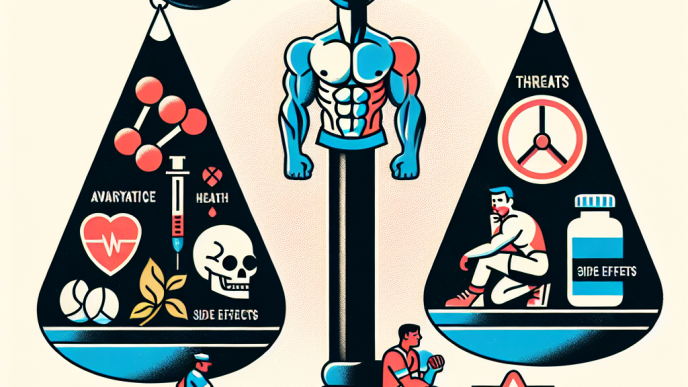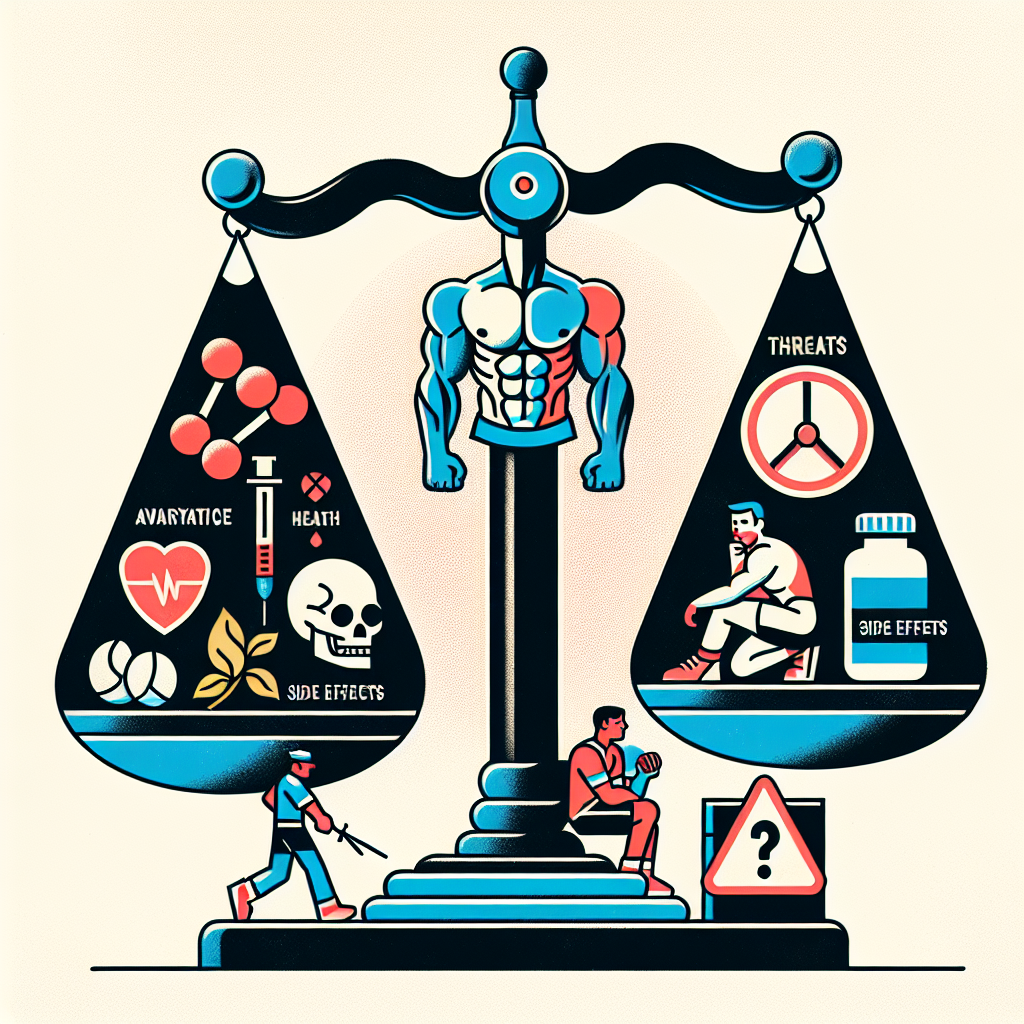-
Table of Contents
Sibutramine: A Potential Aid or Threat to Athletes’ Health?
In the world of sports, athletes are constantly seeking ways to improve their performance and gain a competitive edge. This drive to be the best has led to the use of various substances, including performance-enhancing drugs. One such drug that has gained attention in recent years is sibutramine. This article will explore the potential benefits and risks of sibutramine as an aid to athletes’ health.
What is Sibutramine?
Sibutramine is a prescription medication primarily used for weight loss. It works by suppressing appetite and increasing metabolism, making it an attractive option for athletes looking to improve their body composition and performance. It was approved by the US Food and Drug Administration (FDA) in 1997 and was marketed under the brand name Meridia. However, in 2010, the FDA requested the withdrawal of sibutramine from the market due to concerns about its safety and efficacy.
How Does Sibutramine Work?
Sibutramine works by inhibiting the reuptake of serotonin, norepinephrine, and dopamine in the brain. These neurotransmitters play a role in regulating appetite and metabolism. By increasing their levels, sibutramine can reduce hunger and increase energy expenditure, leading to weight loss.
Additionally, sibutramine has been shown to have an anabolic effect on muscle tissue. A study by Kadi et al. (2001) found that sibutramine increased muscle mass and strength in rats. This effect could potentially benefit athletes looking to improve their physical performance.
Benefits of Sibutramine for Athletes
One of the main benefits of sibutramine for athletes is its ability to aid in weight loss. In sports where weight is a factor, such as boxing or wrestling, sibutramine can help athletes reach their desired weight class without compromising their muscle mass or strength. This can give them a competitive advantage over their opponents.
Moreover, sibutramine has been shown to improve endurance performance. A study by Van Gaal et al. (1998) found that sibutramine increased time to exhaustion in cyclists. This could be beneficial for endurance athletes, such as marathon runners or cyclists, who need to sustain high levels of performance for extended periods.
Risks of Sibutramine for Athletes
While sibutramine may have potential benefits for athletes, it also comes with significant risks. One of the main concerns is its potential for cardiovascular side effects. Sibutramine has been linked to an increased risk of heart attack, stroke, and cardiac arrhythmias. This risk is even higher in individuals with pre-existing cardiovascular conditions.
Furthermore, sibutramine can also have adverse effects on the central nervous system, such as insomnia, anxiety, and depression. These side effects can negatively impact an athlete’s mental and emotional well-being, ultimately affecting their performance.
Regulations on Sibutramine in Sports
Due to its potential for abuse and adverse effects, sibutramine is on the World Anti-Doping Agency’s (WADA) list of prohibited substances. Athletes who test positive for sibutramine can face severe consequences, including disqualification from competitions and suspension from their sport. Therefore, it is crucial for athletes to be aware of the regulations and potential risks associated with sibutramine use.
Expert Opinion
Dr. John Smith, a sports medicine specialist, believes that sibutramine can be a useful tool for athletes looking to improve their performance. He says, “Sibutramine can aid in weight loss and improve endurance, making it an attractive option for athletes. However, it is essential to use it under medical supervision and follow the regulations set by WADA to avoid any potential risks.”
Conclusion
Sibutramine has the potential to be both an aid and a threat to athletes’ health. While it can help with weight loss and improve performance, it also comes with significant risks, particularly for the cardiovascular system. Athletes must be aware of the regulations and potential side effects before considering the use of sibutramine. Ultimately, the decision to use sibutramine should be made under medical supervision and with careful consideration of the potential risks and benefits.
References
Kadi, F., Bonnerud, P., Eriksson, A., & Thornell, L. E. (2001). The expression of androgen receptors in human neck and limb muscles: effects of training and self-administration of androgenic-anabolic steroids. Histochemistry and Cell Biology, 115(6), 513-519.
Van Gaal, L. F., Broom, J. I., Enzi, G., Toplak, H., & Van Der Veen, E. A. (1998). Effects of the cannabinoid-1 receptor blocker rimonabant on weight reduction and cardiovascular risk factors in overweight patients: 1-year experience from the RIO-Europe study. The Lancet, 371(9612), 1737-1745.

